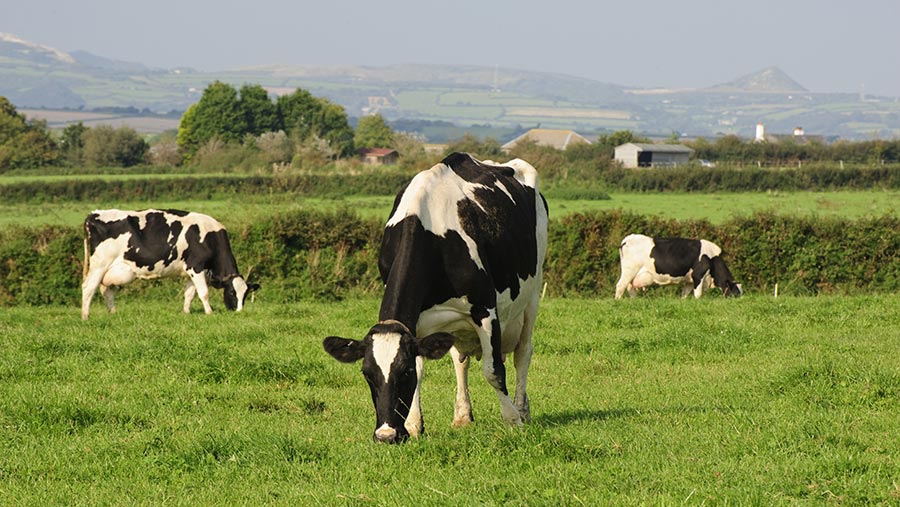Cornwall’s council farms strategy to focus on ‘public goods’
 © John Eveson/Flpa/imageBROKER/Shutterstock
© John Eveson/Flpa/imageBROKER/Shutterstock A public consultation has been launched about the future direction of Cornwall Council’s farms estate.
The council has said it is committed to the concept of providing a gateway into agriculture for new entrants, but wants a framework that puts greater emphasis on delivering “environmental growth” and public access.
It has come up with a strategy that will seek to incentive tenants to deliver more “public goods”, such as improved soil, air and water quality.
See also: How to become a county council farm tenant
In return, the council says it will support tenants who want to diversify and grow their businesses, including providing support in the form of business mentors and rent reductions for new tenants during the first three months of their tenancy.
At a farm level, new and existing tenants will need to agree a Whole Farm Plan with the council that sets out opportunities for business and environmental growth and what the expected performance of the farm should be.
Cornwall Council has the third largest farm estate in England, with 91 farms let to tenants covering 10,800 acres.
Sustainable future
The council said its plans aimed to transform its farms estate to deliver a more sustainable future for farmers, residents and the environment.
Deputy leader Adam Paynter, who holds the farms portfolio, said: “Our Farms Strategy sets out Cornwall Council’s ambitions to deliver farming and business opportunities for tenants to set up and grow successful businesses that also deliver environmental growth, promote health and wellbeing and enhance the distinctive historic landscape of Cornwall.
“We know that farming practices which benefit nature can also be highly productive for food production and support local ecosystems.
“By encouraging these good methods of production, we will have a substantial impact on realising the potential of the estate over the next decade.
“We are confident our farms estate can act as a catalyst for positive change within the farming sector to produce food for the nation and to play a part in the transition to low-carbon agriculture, which is critical if we are to tackle climate change.”
Interested parties have until 5 August to give their views on the strategy through a survey.
The consultation follows a review and inquiry into the future of the estate in 2018.
The results of the public consultation will be reported to the Council’s Cabinet in September.
